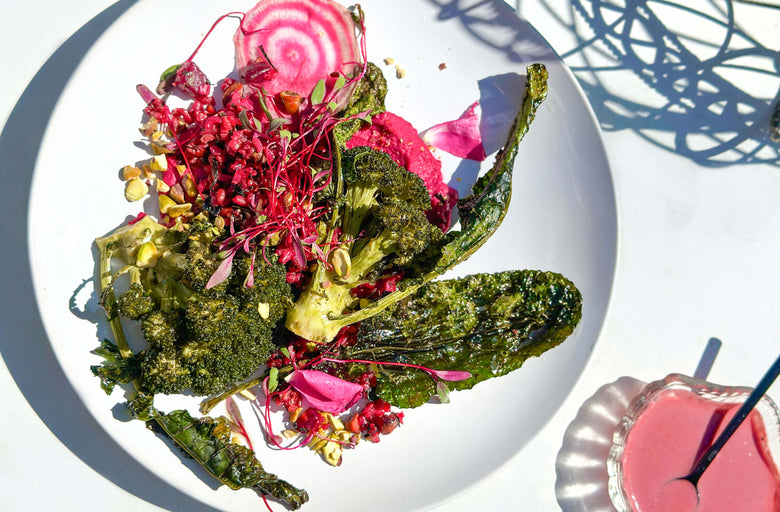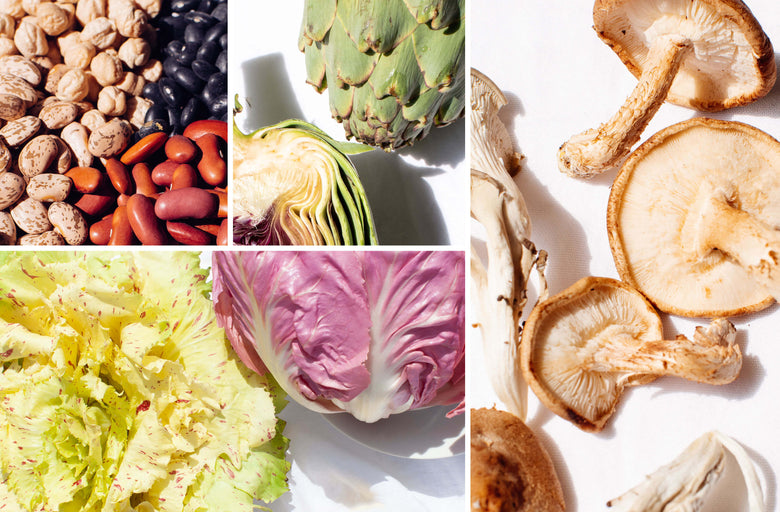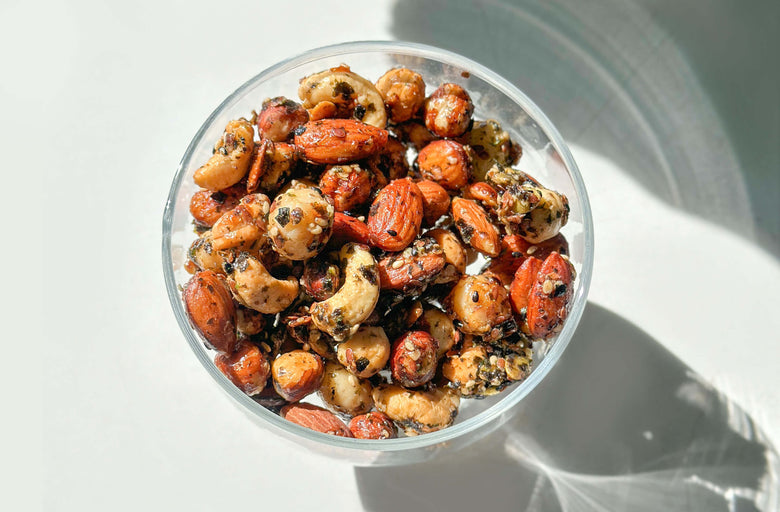Whether last night’s revelry consisted of celebratory salt-rimmed margaritas or clinking (one too many) glasses of orange wine, what ensues the next morning is often a lot less fun—from headaches and nausea to anxiety that just won’t quiet.
Despite what you might have heard, hangovers are not simply a result of dehydration. Rather, they’re an amalgam of factors—one of which is dehydration, yes—including alcohol-induced hormonal changes, inflammation caused by metabolizing alcohol, and potential impurities in the drinks themselves.
The Brain on Alcohol
Alcohol inhibits the pituitary gland in your brain, responsible for making, storing, and releasing hormones. When we imbibe, production of vasopressin—also known as antidiuretic hormone (ADH)—is down-regulated, signaling the kidneys to not retain fluid and sparking increased urination as a result. A result of the excess loss of liquids? Fatigue, headaches, and (what feels like) unquenchable thirst the next day.
Two particularly important neurotransmitters in the brain are also affected by alcohol: glutamate and GABA, which “turn on and off” the brain. GABA and glutamate have a complex, homeostatic relationship that balances our brain activity levels. Ideally, our brains produce them in harmony. But, when we partake in happy hour, we disrupt the delicate balance. Alcohol stimulates GABA while simultaneously suppressing glutamate, which causes our judgment to become impaired. After we stop drinking, our body increases its glutamate production to compensate, leading to headaches and an increased sensitivity to light and sound.
Electrolyte Imbalances
Ever experienced “hangxiety”? Here’s why anxiousness after a night of drinking is all-too common: As we imbibe, our kidneys respond by pumping more renin and aldosterone, a blood pressure-regulating enzyme and a hormone that regulate salt and water in the body, respectively. Together, renin and aldosterone also suppress vasopressin, the antidiuretic hormone. Our blood pressure increases as a result, inducing the loss of sodium and potassium—two key electrolytes for hydration. To try to restore the electrolyte imbalance, more cortisol (the stress hormone) pumps out, triggering feelings of anxiety.
Excess Free Radicals
Within the body, alcohol is converted into toxic byproducts, then broken down, neutralized, and excreted via the liver. In breaking the byproducts down, free radicals (unstable, damaging molecules) are produced. After a night of heavy pours, these free radicals are produced in excess, and the liver has a harder time keeping up with detoxification. In turn, a whole host of hangover symptoms can occur, from puffiness, brain fog, and headaches, to uncontrollable cravings, lightheadedness, and an irritated stomach lining.
(A Sakaralite-loved hangover cure? A liver-loving elixir of Beauty + Detox Water Drops.)
Subpar Slumber
A nightcap may be doing you more harm than good, too. Tales of yore may tell us that a drink (or two) is the key to a solid night’s rest, but a glass of brandy (or any liquor) can actually inhibit melatonin secretion, a hormone associated with your circadian rhythm. The lack of high-quality sleep can then worsen hangover symptoms, leaving us feeling groggy and dull.
Beautiful Balance
While it’s important to understand the impact of alcohol, it’s not all or nothing. Health is what we do most of the time, and joy is also a nutrient (yes, just as important as abundant leafy greens!). We can hone in on our body intelligence by listening to it and understanding if and when a glass of wine or cocktail feels right—while also prioritizing body-balancing rituals like clean nourishment, hydration, and movement.
Body intelligence is not a final destination; it’s something we’re constantly navigating. Sometimes we can find ourselves overindulging in ways that feel less-than-great. But when we’re equipped with the knowledge of what’s happening, we can better understand the delicate balance of our bodies—and make the choices that nourish both our joy and our well-being.
RELATED ARTICLES






